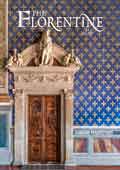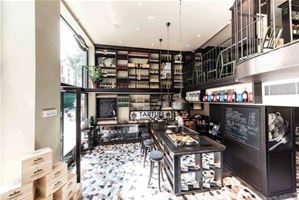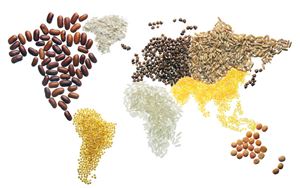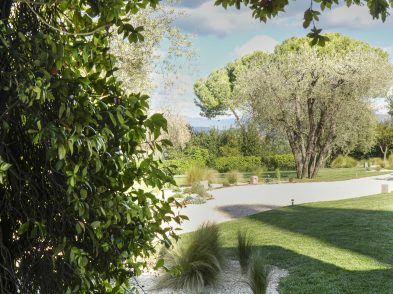The annual list of the world’s most powerful people issued by U.S. business and financial magazine Forbes included Mario Draghi, Italy’s most powerful man and the new head of the European Central Bank (ECB).
Ranked 12, the former governor of the Bank of Italy, Draghi made Forbes’ list for the first time, just as he was stepping into his new role, succeeding Jean-Claude Trichet as head of the ECB in late October. ‘Italy’s top banker just took the reins at Europe’s central bank and the MIT-trained economist will play a decisive role in managing the Euro crisis,’ the magazine said.
According to the Forbes list, U.S. president Barack Obama is the world’s most powerful man, followed by president of the Russian Federation, Vladimir Putin, and president of China, Hu Jintao. German chancellor Angela Merkel was ranked fourth, followed by Microsoft founder Bill Gates. Pope Benedict XVI placed seventh. Italian premier and media magnate Silvio Berlusconi and his family appeared in 21st place.
The Forbes list is important because it lands the latest blow to Berlusconi’s credibility. It also shows that Draghi’s popularity at home and abroad has increased substantially during the deepening eurozone crisis.
In addition to the scandals that have enveloped the Italian premier over the last two years, opinion polls show that Berlusconi has been losing ground in Italy and abroad since the extent of the economic crisis became apparent. As Italy’s low growth, public debt of 1.84 trillion euro and a struggling majority government coalition have caused increasing alarm in financial markets, Berlusconi has dropped 10 points in approval ratings since March 2011, and in the latest (conducted on October 17 by GPG_AND for Scenaripolitici.com and Rischiocalcolato.it), just 26.4 percent of respondents said they ‘trusted’ Berlusconi. The embarrassment is international: on October 23, German chancellor Angela Merkel and French president Nicolas Sarkozy, when asked about what they had recently told Italy’s prime minister, looked at one another and smiled, saying they had renewed their call on Italy to present further reforms. (See video at http://youtu.be/D8NtEXnc4jY).
During the G20 summit in Cannes on November 3-4, the prime minister continued to fight for his political survival, even after three members of parliament from his party switched to the centrist opposition party, the Christian Democratic Union. Despite the premier’s assurances that he will not leave, lest that further weaken Italy, on November 7, 2011, the Financial Times went to press with an editorial on Berlusconi entitled ‘In the name of God and Italy, go!’
Growing dissent, both in Italy and abroad, reflects the majority government’s relative inactivity in passing a series of much-needed laws, the first among them an emergency reform package requested by the European Union to cut debt, boost growth and calm market turmoil by restoring investor confidence. After weeks of discussion with leaders of the European Union, the Italian government has still not passed any such legislation. A general sense of disenchantment with politics all together has begun to grip Italians, many realizing that even if Berlusconi eventually decides to resign, there is no credible alternative-neither to the left nor to the right of the political spectrum. Successors within his party fail to convince and backbiting among the left-leaning opposition parties continues.
Now Italy watches with hope as Draghi takes the helm of the world’s second most powerful bank, the ECB. Could it be that while the entire world seems to have it in for bankers-think of the Occupy Wall Street movement-Italy’s future lies in the hands of one?







